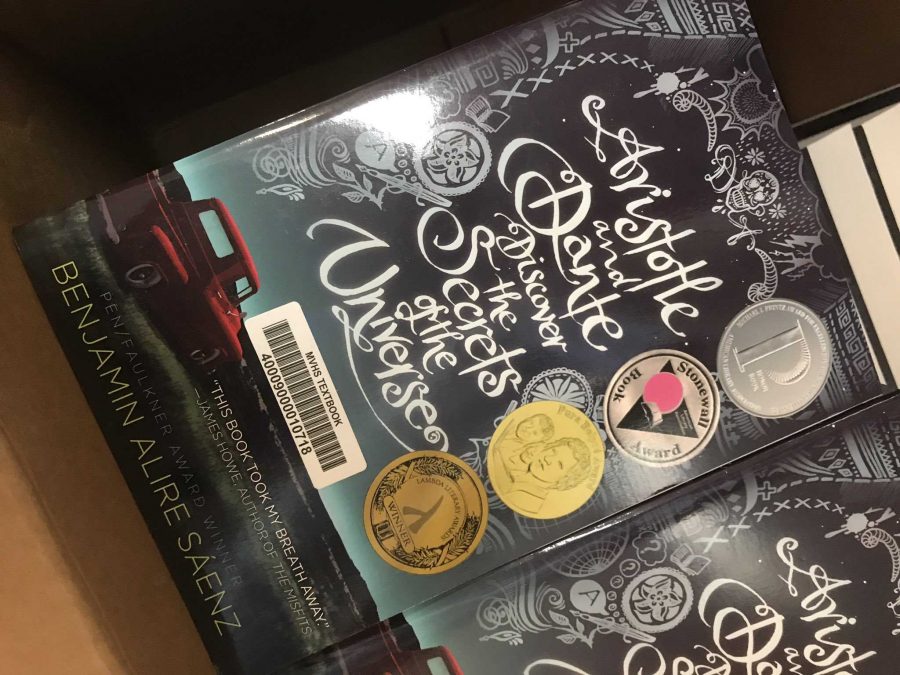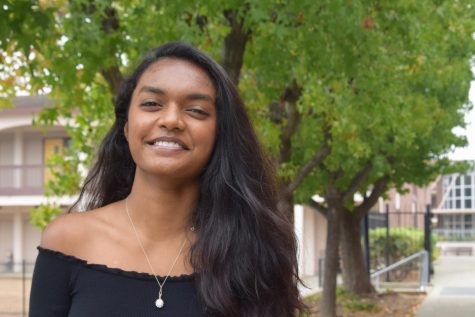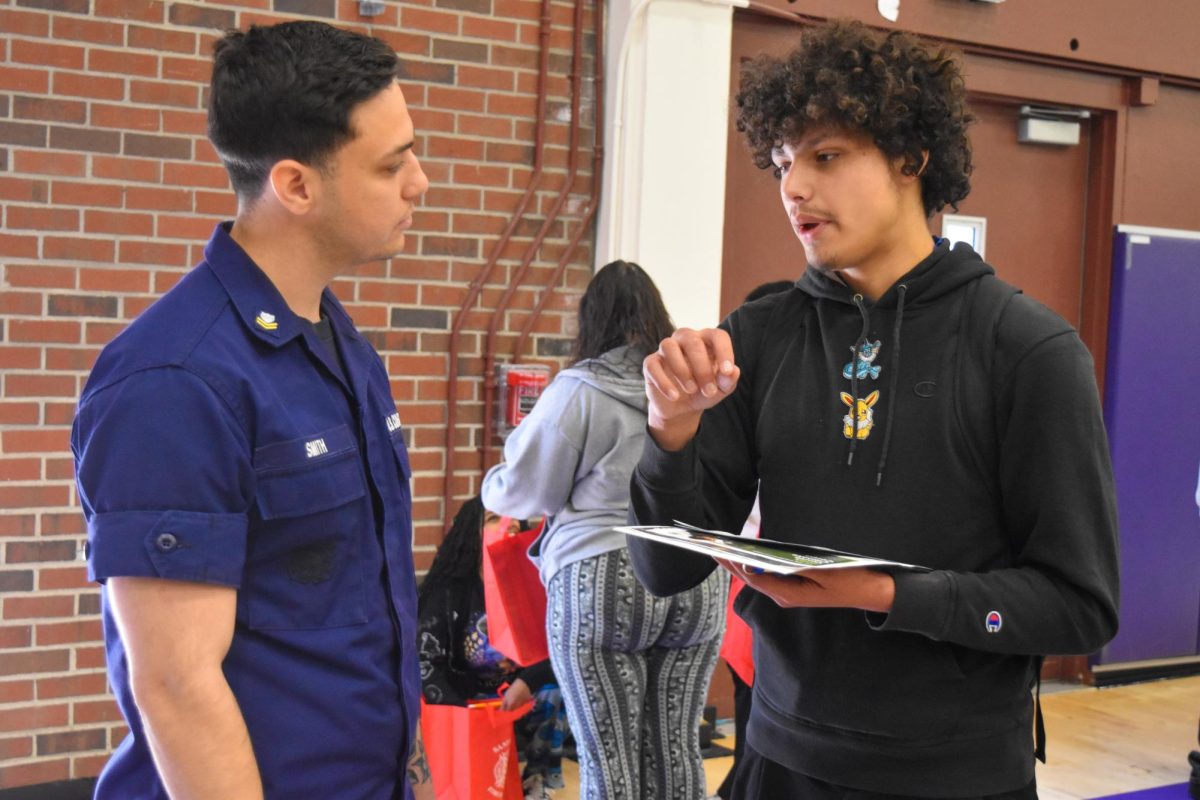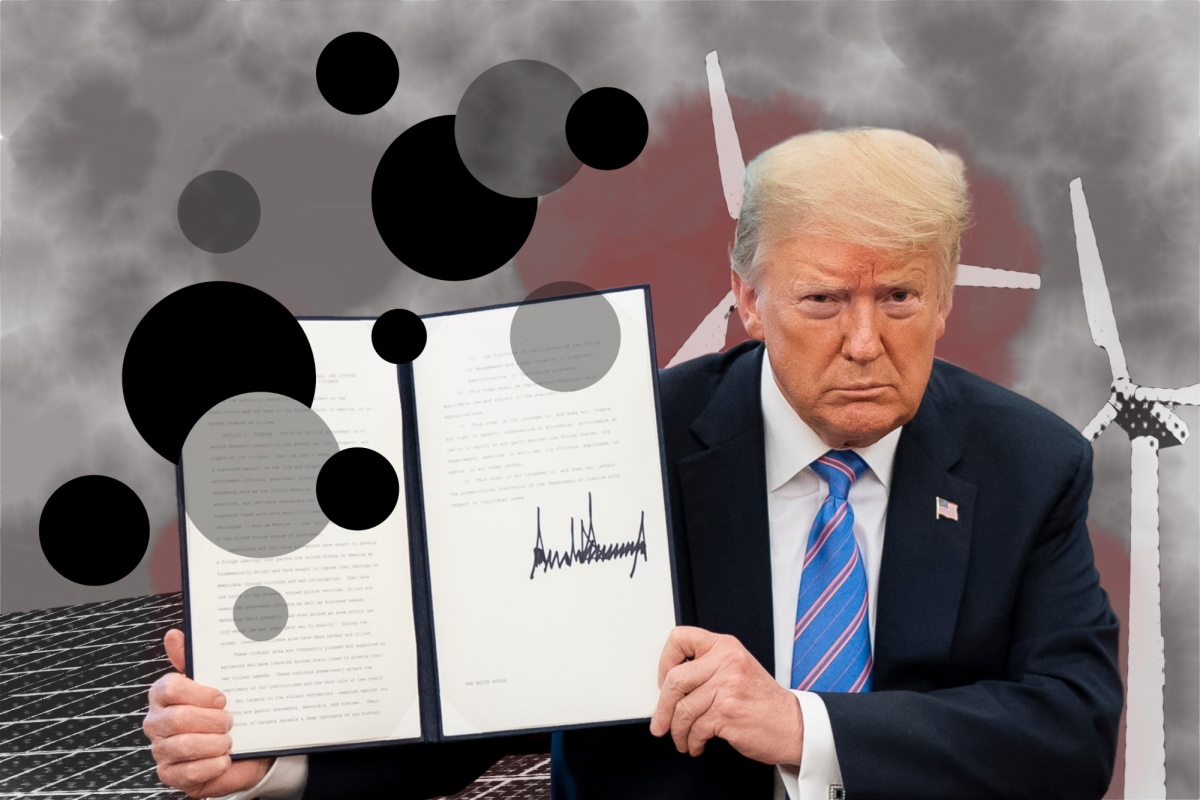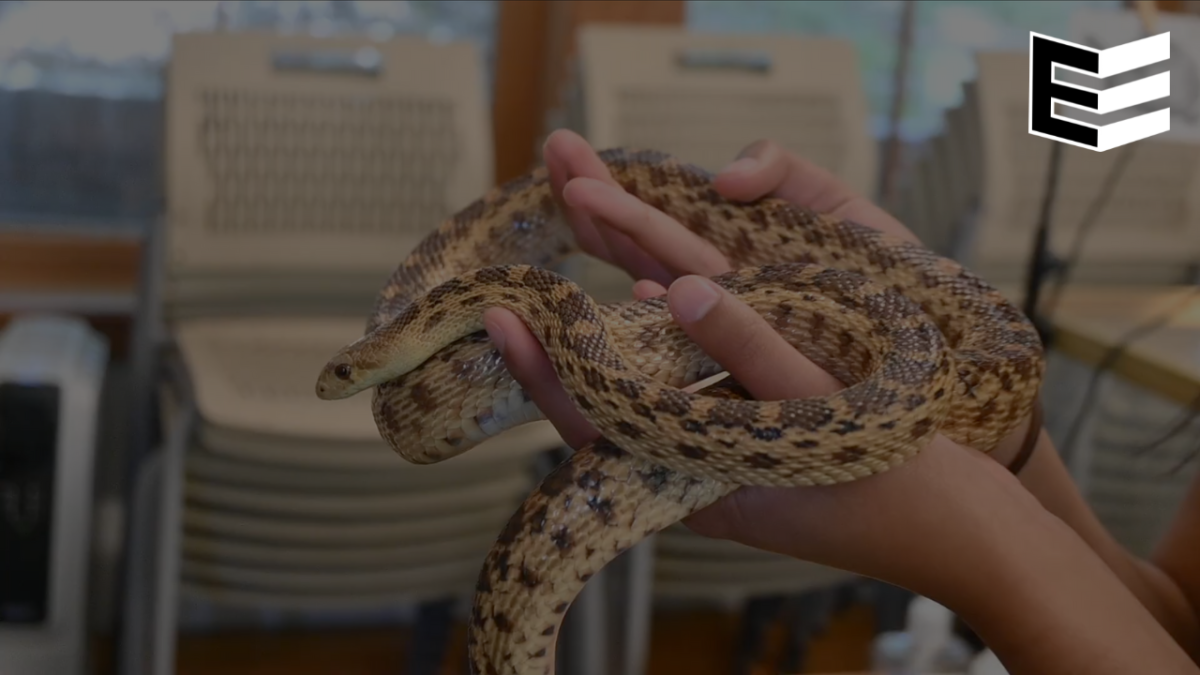This article includes spoilers for “Aristotle and Dante Discover the Secrets of the Universe” by Benjamin Alire Sáenz.
This year, the MVHS English department is running a pilot program which will introduce a new book as part of the freshman Literature and Writing curriculum. Instead of assigning “Of Mice and Men” by John Steinbeck as the first book of the school year, six classes are reading the young adult novel “Aristotle and Dante Discover the Secrets of the Universe” by Benjamin Alire Sáenz as an introduction to the course.
According to English teacher and head of department David Clarke, the pilot program is a trial run that determines whether or not the book will be incorporated into the curriculum next year. Cupertino High School has already incorporated the book into their curriculum, and Clarke predicts that MVHS will be the next school to make the change.
Clarke says that part of the reason for the change is that “Of Mice and Men” is not only outdated as it was published in 1937, but is also more advanced in terms of thematic content and language complexity, which may be difficult for freshmen writing their first essay in high school.

“This is the book [on which] they’re writing their first essay in [MVHS] in literature,” Clarke said. “We wanted something that was more simplistic, really, in terms of the language so that they weren’t getting bogged down in the language and the symbolism in ‘Of Mice and Men.’”
The process for deciding which book to pilot involved twelve teachers, who narrowed down a list of ten possibilities to three final books — “Speak” by Laurie Halse Anderson, “The Bean Trees” by Barbara Kingsolver and “Aristotle and Dante Discover the Secrets of the Universe.” The teachers read the three books over summer, and came together in the fall to discuss which one they wanted to pilot.
Part of the choice of doing an experimental pilot program lies in the fact that there are as many as 550 to 700 freshmen in a class, and buying a book for every student could cost more than $10,000 according to Clarke.
“Part of the reason to do a pilot is to see whether the book will work,” Clarke said. “We don’t want to commit that amount of money to an experiment.”
The book touches on subjects that go against a few students’ personal beliefs, specifically surrounding the LGBTQ+ community. The plot revolves around two Hispanic adolescent boys, who, over the course of their friendship, discover that they are gay and in love with each other.
“It offers a fresh perspective that I think is important for the students to learn,” English teacher Jireh Tanabe said.
Freshman Polina Zinin chose to opt out of reading “Aristotle and Dante Discover the Secrets of the Universe” because of her personal beliefs, and is reading “Of Mice and Men” alone rather than with the class.
“I don’t have anything against the author or the book, or my class reading that book,” Zinin said. “It’s just that I’m Christian and I follow certain beliefs, and they just didn’t match up.”
Instead of participating in class discussions about the book, Zinin will have private sessions with her teacher to discuss the book. She sees it as a way to improve her time management and responsibility.
“I don’t believe it will be a problem,” Zinin said. “It’s really also character building in some way, because you don’t rely on the teacher and the class and the worksheets that they give you to do this. You do it by yourself.”
Zinin believes that although assigning a book which encompass all beliefs is nearly impossible, classical literature would be her first choice of a type of book to read in class. But she acknowledges that in the modern world, this is often infeasible.
“There are still modern writers that we need to catch up on,” Zinin said. “If it goes against someone’s beliefs or they feel like they’re not ready to be receiving this kind of serious information in this kind of book, then they should make their own decision on whether they want to read it or not.”
Three teachers besides Clarke — Julia Satterthwaite, Shannon Hoopes and Jireh Tanabe — are part of this pilot program, while the rest will continue to teach “Of Mice and Men” this year. At the end of the unit, students will write a paper on whichever book they read. The teachers will then discuss how the unit and the essays went before deciding whether or not to continue with the old curriculum or to incorporate the new book starting from next year. Clarke predicts that when the time comes to make a decision, the teachers will decide to introduce “Aristotle and Dante Discover the Secrets of the Universe” as a permanent part of the curriculum.
“I would predict that we will adopt this book,” Clarke said. “In parts of the country which have a broad-minded attitude towards LGBTQ issues, this book is already being adopted. California ed code says […] that we are obliged to address these issues, and this is a way of addressing it.”



